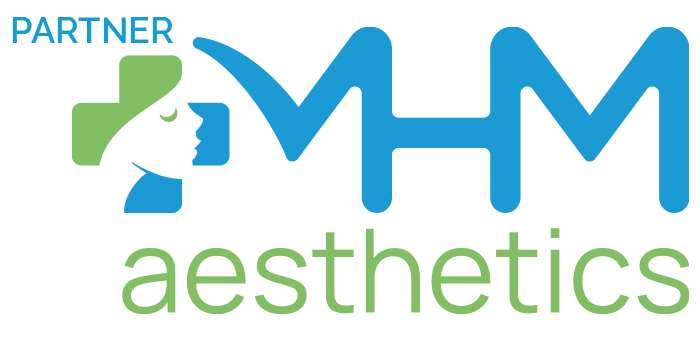At MHM Medical Group, we strive to help our patients with their diets, teaching them about the ways they can control their weight and their dietary intake while taking care of their needs. One of the primary ways we help our patients control their health is to teach them about cholesterol, including its purpose and how the different kinds of cholesterol affects their bodies.
Cholesterol is a fatty substance that is formed in the liver or comes from the foods eaten throughout the day, serving a few purposes like helping with the production of hormones and vitamin D, protecting your nerves, and improving digestion. Excess cholesterol, however, is capable of causing atherosclerosis, which is a buildup of plaque in the arteries that blocks the flow of blood.
As such, it’s important to consider that three types of cholesterol exist and what their purpose is:
- High-density lipoprotein (HDL), also known as “good” cholesterol, carries cholesterol from other parts of your body back to your liver before removing it from your body.
- Low-density lipoprotein (LDL), also known as “bad” cholesterol, as high levels of LDL leads to the buildup of plaque in your arteries and other illnesses.
- Very low-density lipoprotein (VLDL), another “bad” cholesterol that contributes to the buildup of plaque in your arteries. The main difference between VLDL and LDL is that VLDL mainly carries triglycerides, while LDL mainly carries cholesterol.
Balancing all types of cholesterol is necessary to lead a healthy life and protect your body from dangerous conditions that could negatively affect your way of life. Increasing HDL cholesterol while keeping the other types at a low level is the ideal way to control and balance a healthy cholesterol ratio, and there are plenty of ways to control your cholesterol by adopting healthy habits.
Some healthy habits you can adopt include:
- Performing regular exercise, which can help relax blood vessels and lower your pressure.
- Eat foods that are low in saturated and trans fats, replacing them with foods high monounsaturated and polyunsaturated fats. Other foods that include Omega-3, soluble fibers, or whey protein are great for improving heart health.
- Quitting smoking and reducing alcohol intake can help to decrease your LDL levels and improve your blood pressure, as well as reducing the risk of chronic conditions that could dangerously affect your health.
- Finally, medications such as statins help lower LDL levels and triglycerides, as well as slightly increase HDL cholesterol levels and reduce the risk of heart disease.
Any of these changes you implement in your life will help your body in the long run, helping you take control of your life and make the right choices to improve your lifestyle. But sometimes, lifestyle changes can be difficult to adjust to, and you might be confused on where to begin.
That’s why MHM Medical Group is here to assist you in controlling your cholesterol and making the best lifestyle choices to manage it, using our expertise and knowledge to create a personalized dietary plan and keep your body in great health.
Call us at 321-373-0505 to schedule your appointment with our medical team, or visit our website to learn more about our services.


